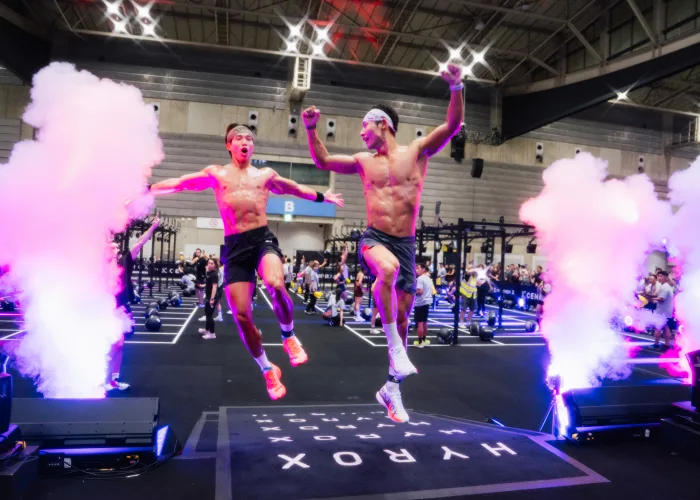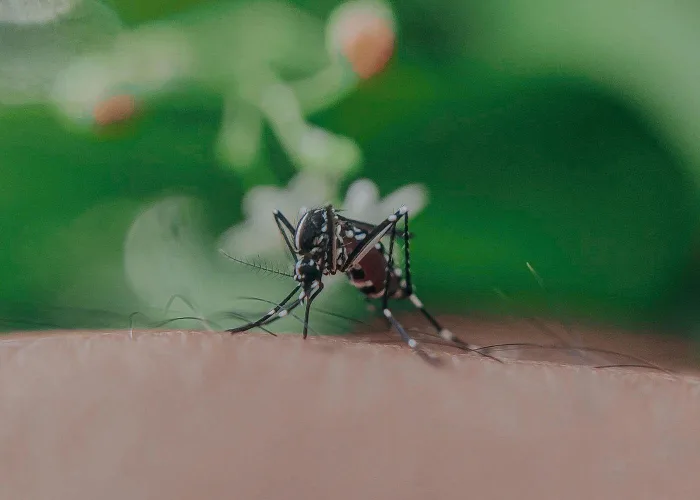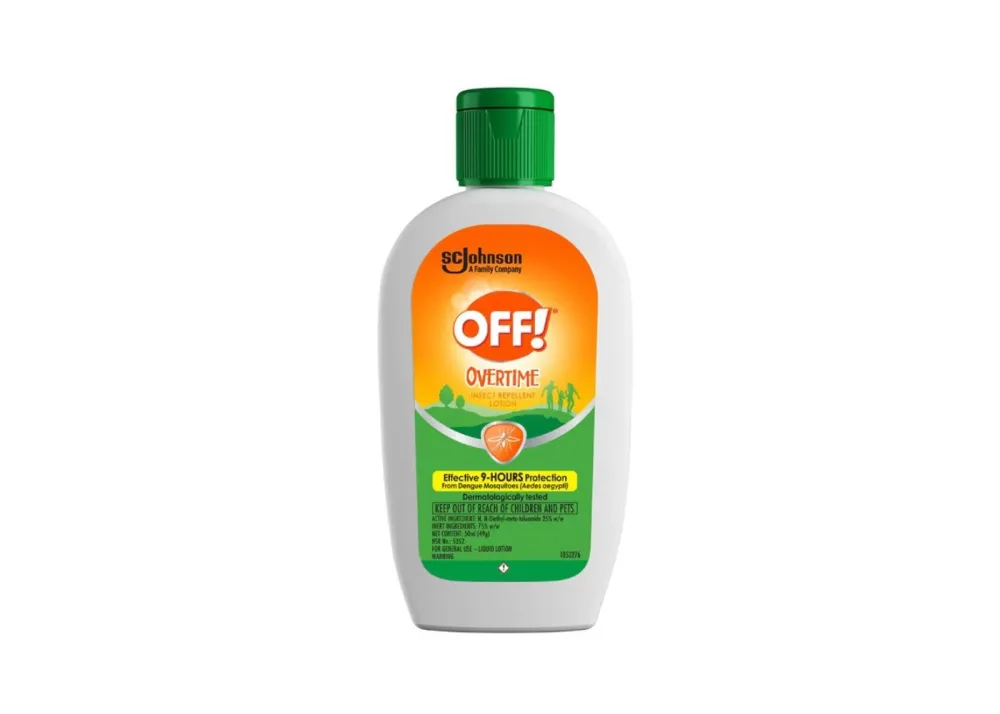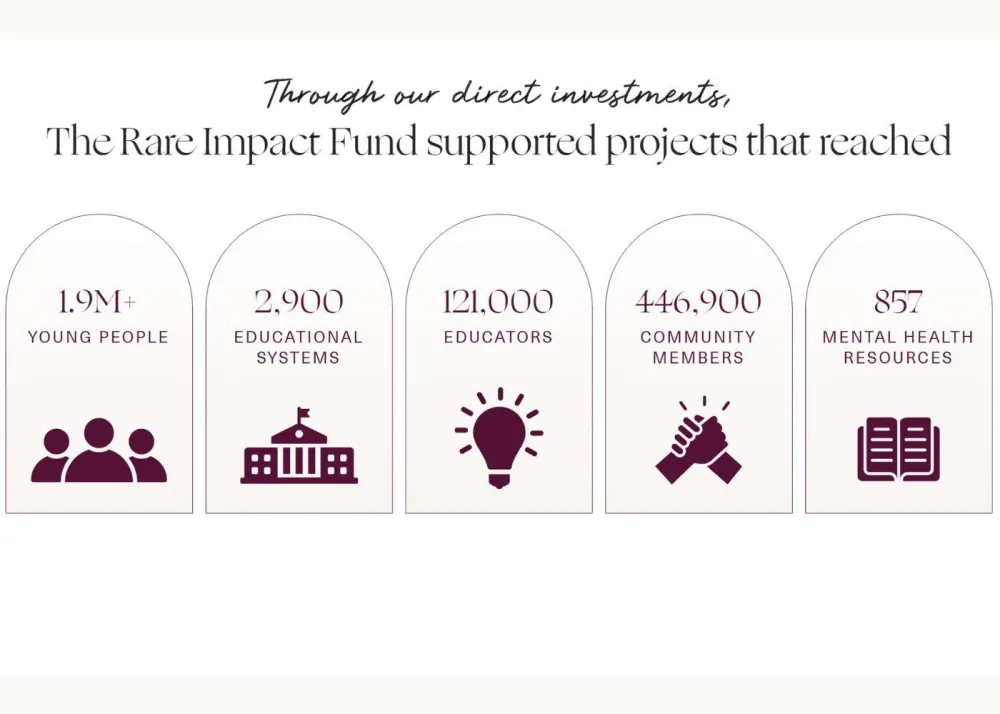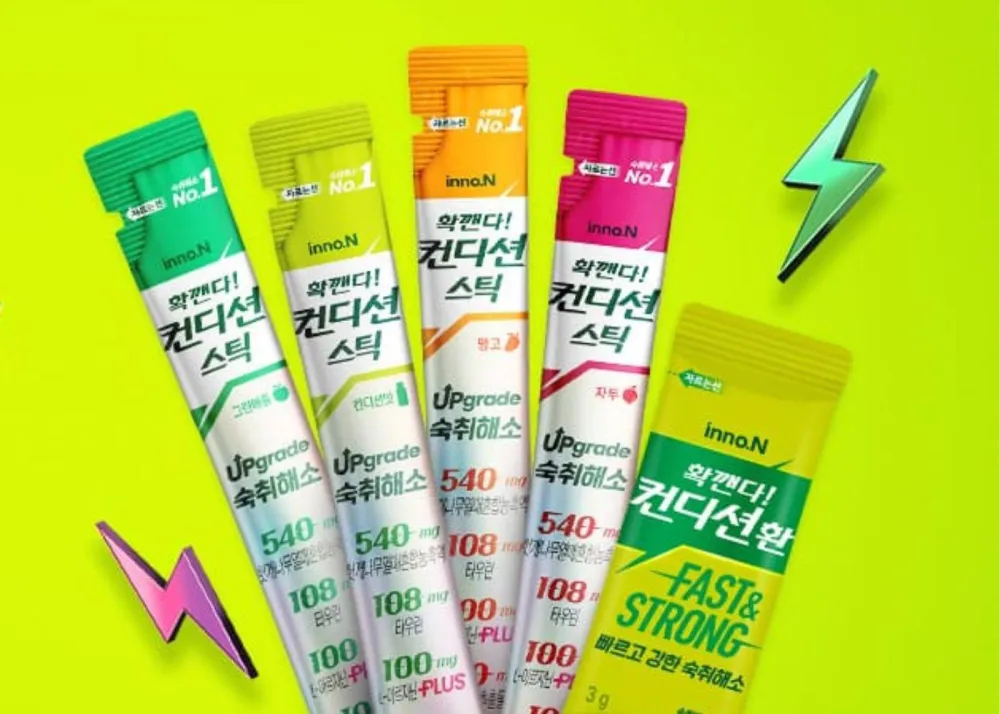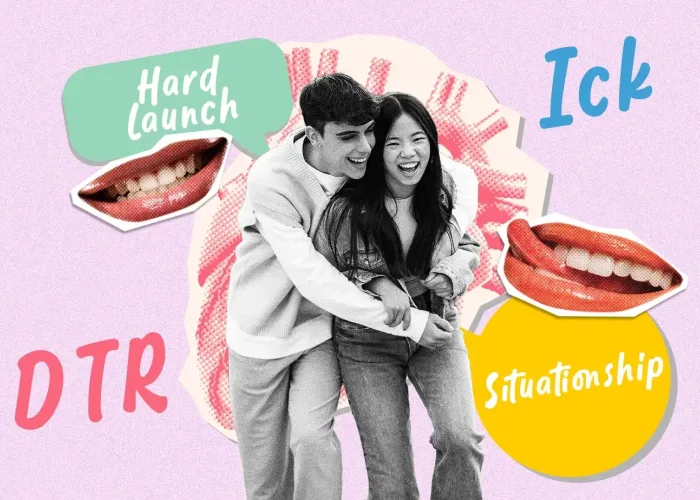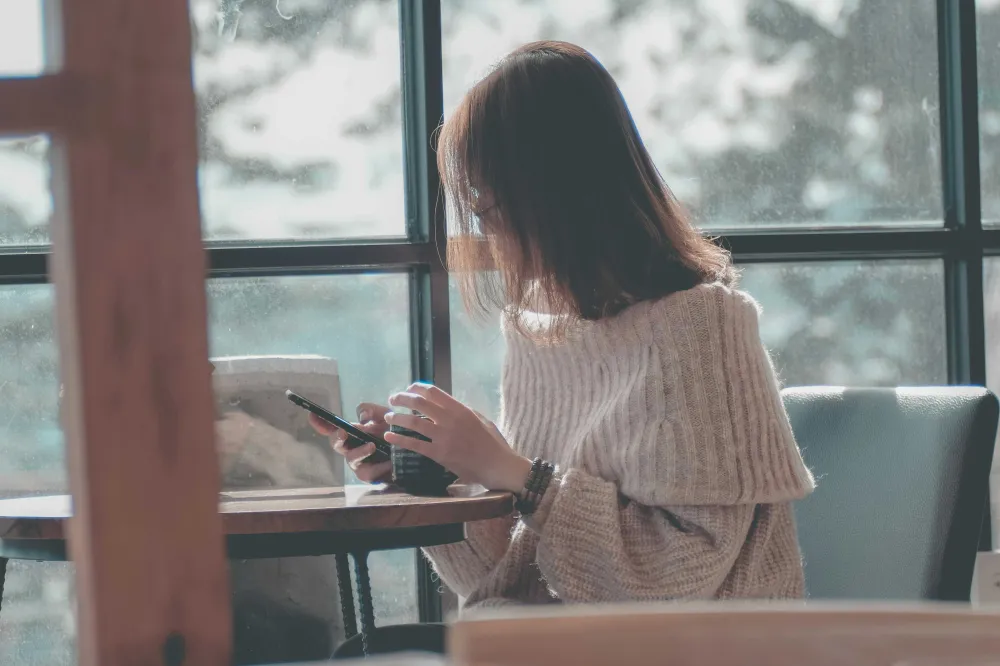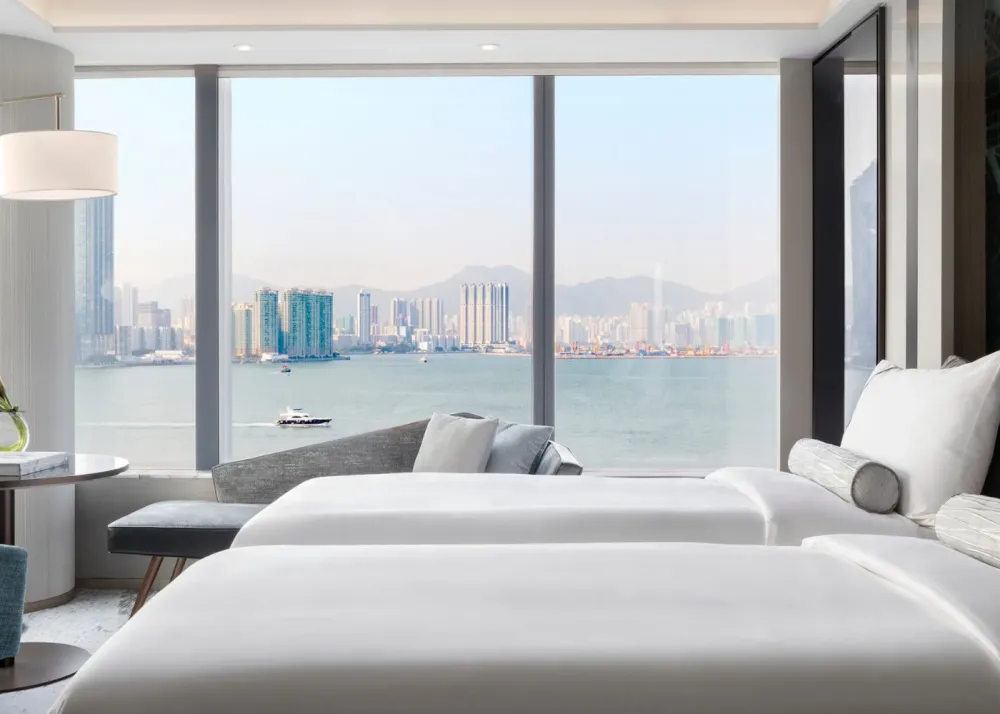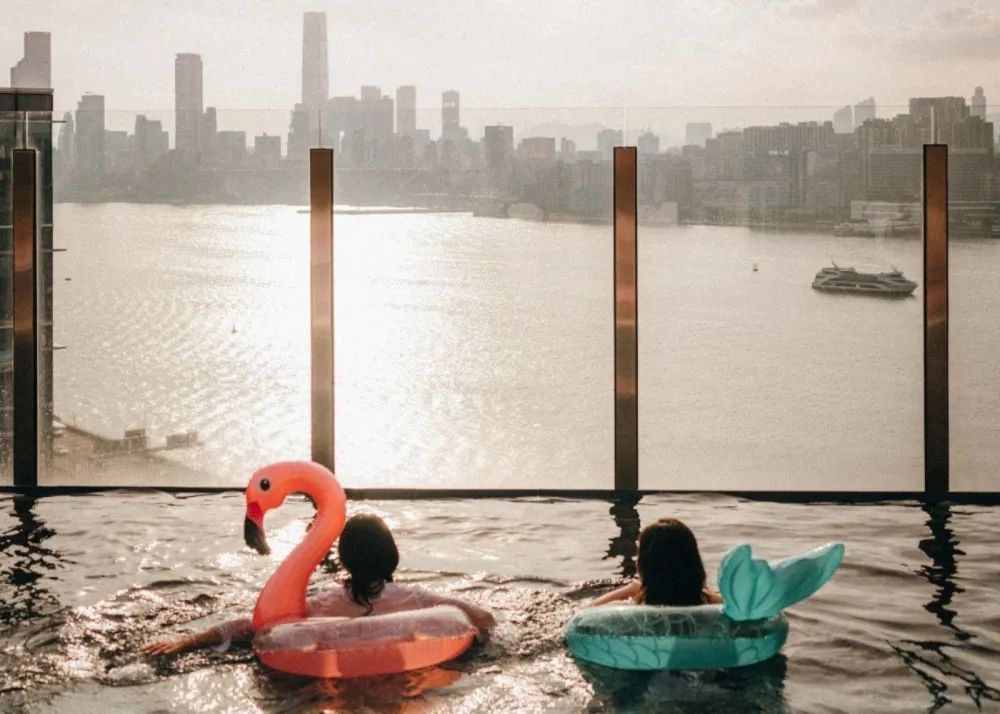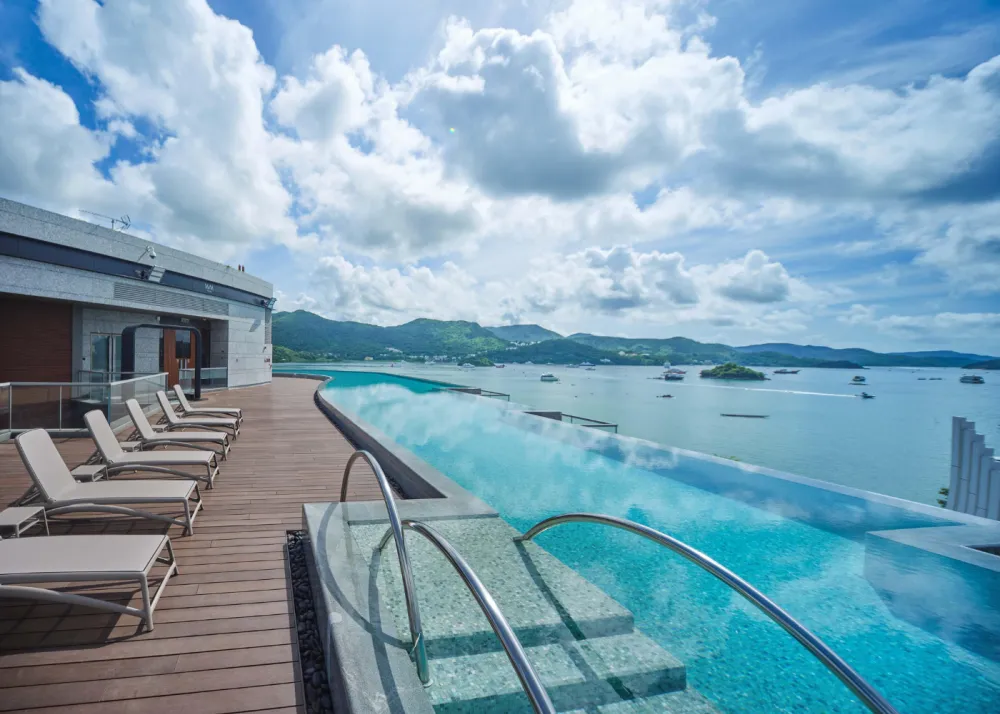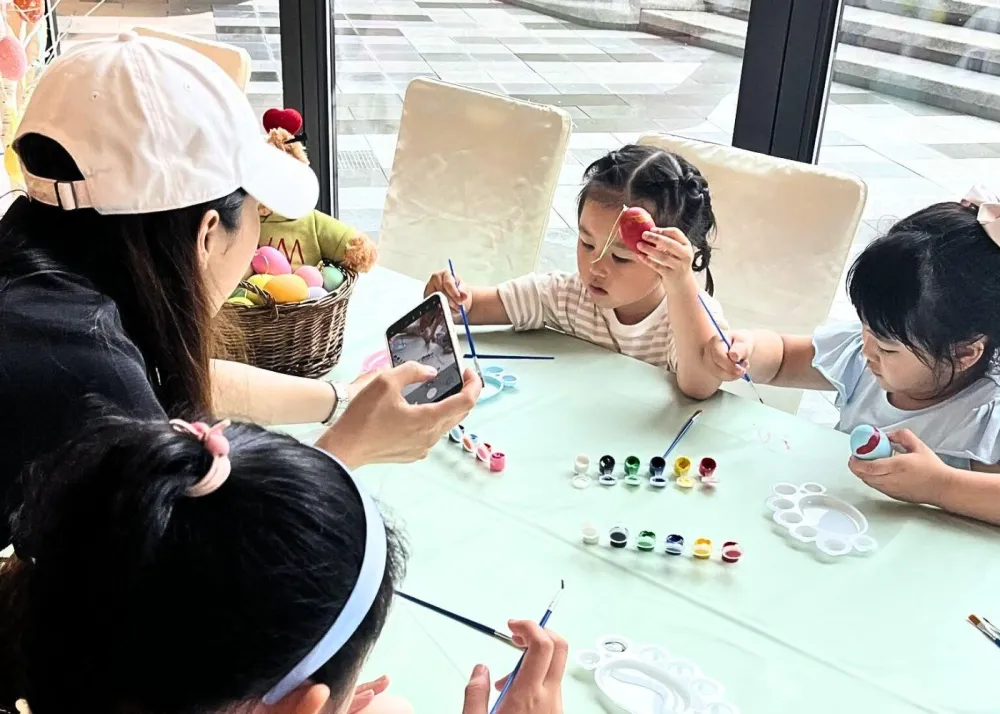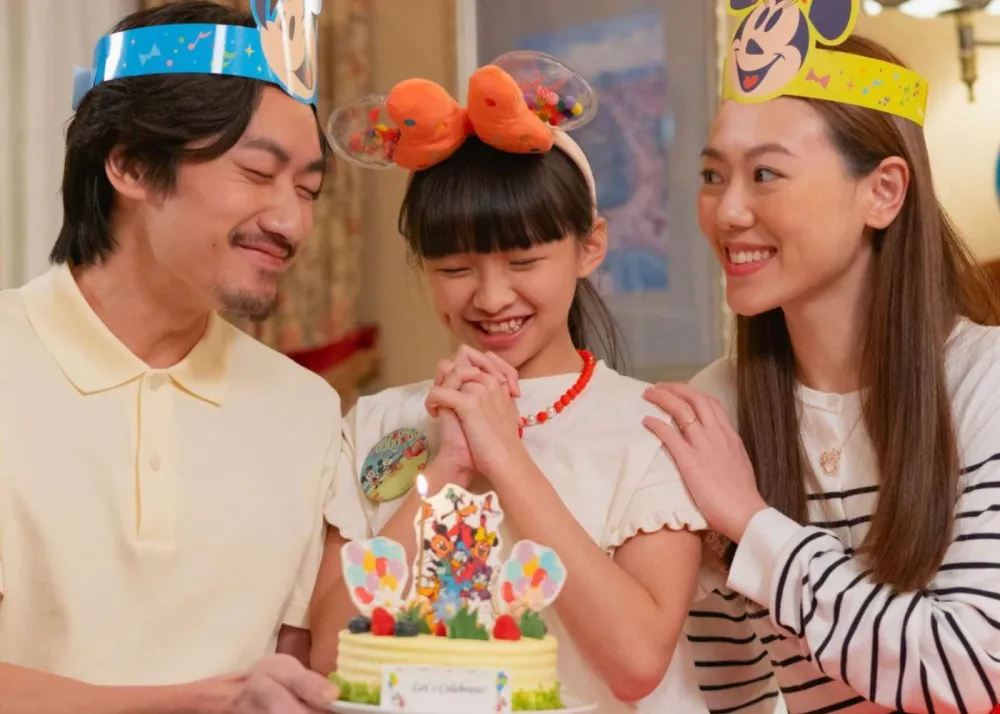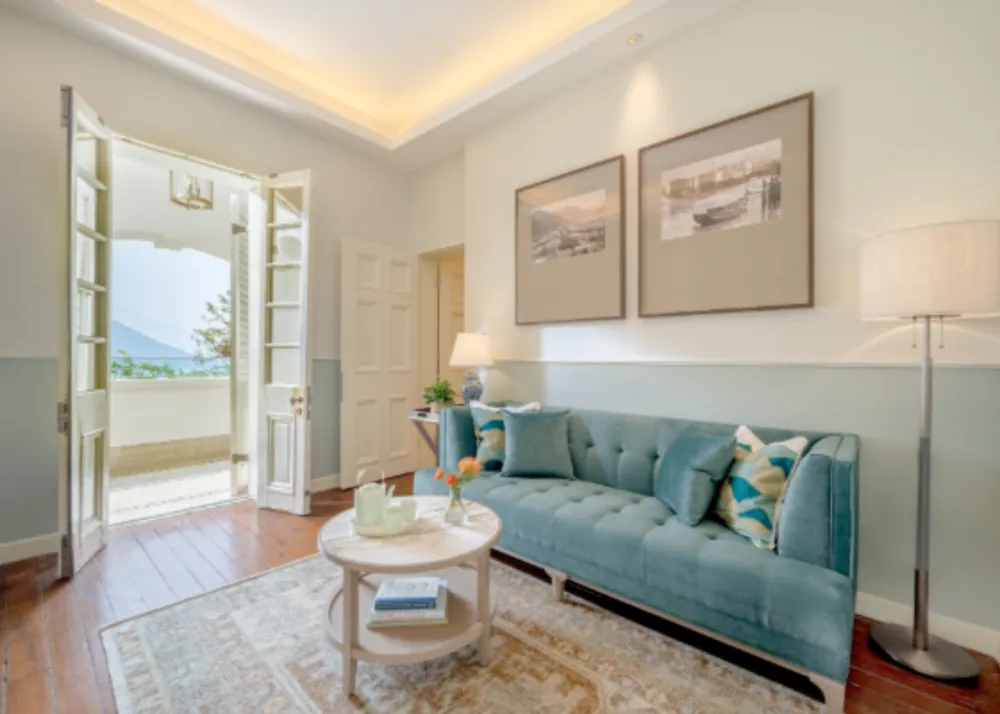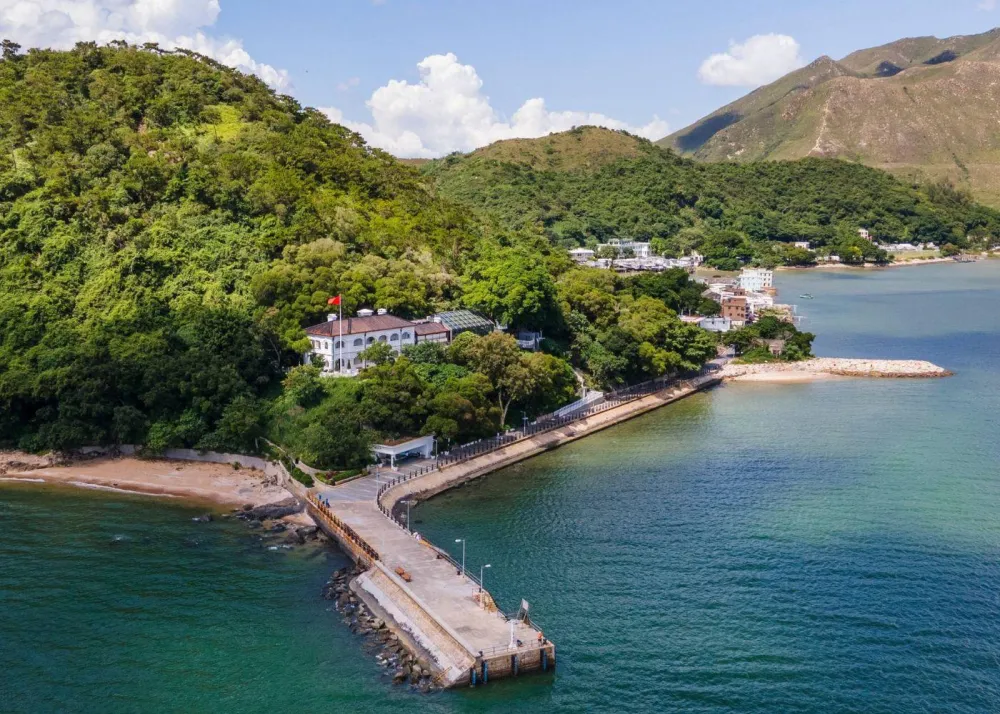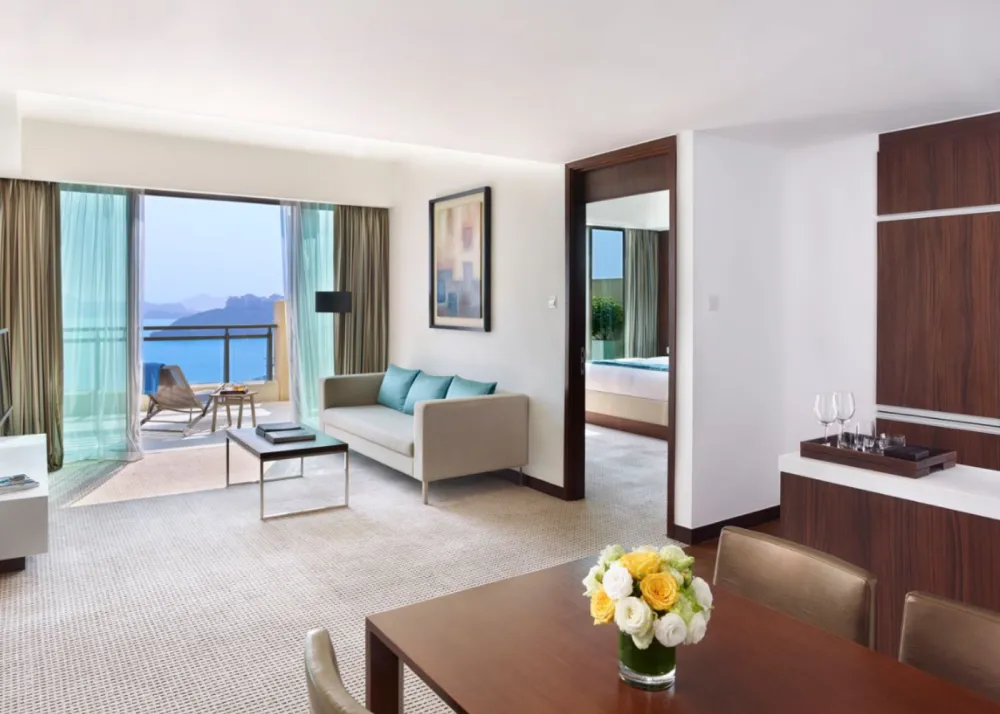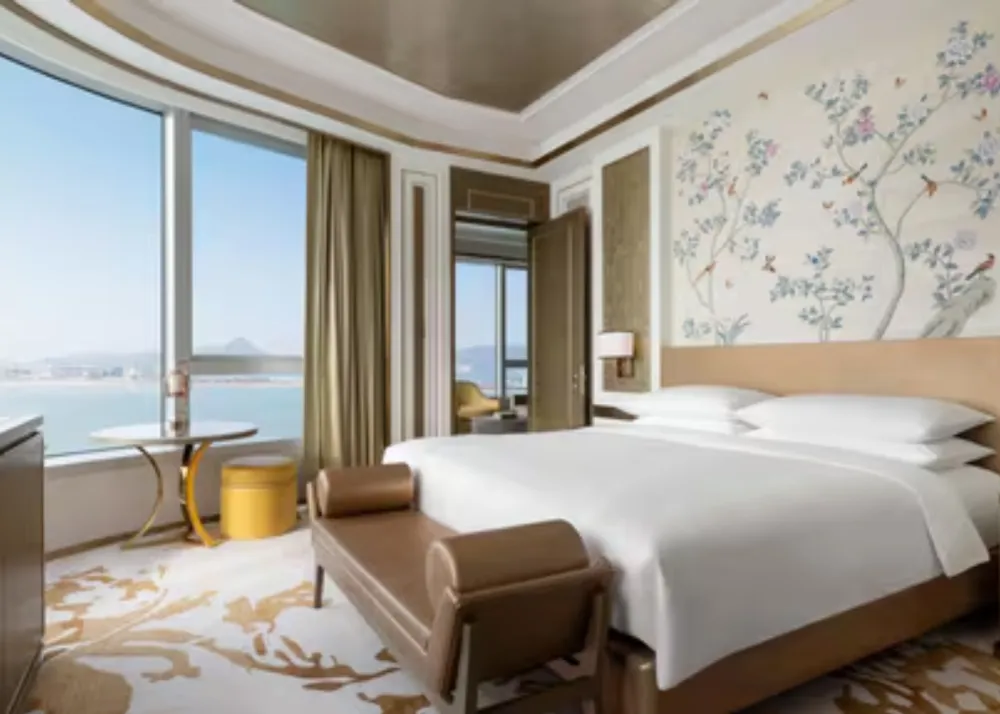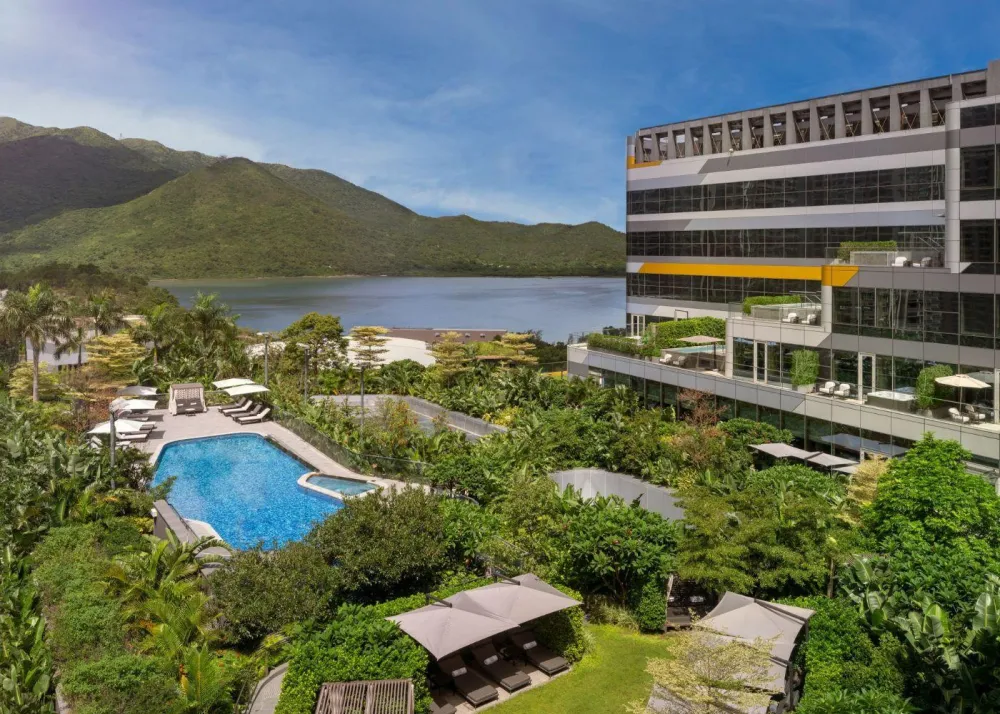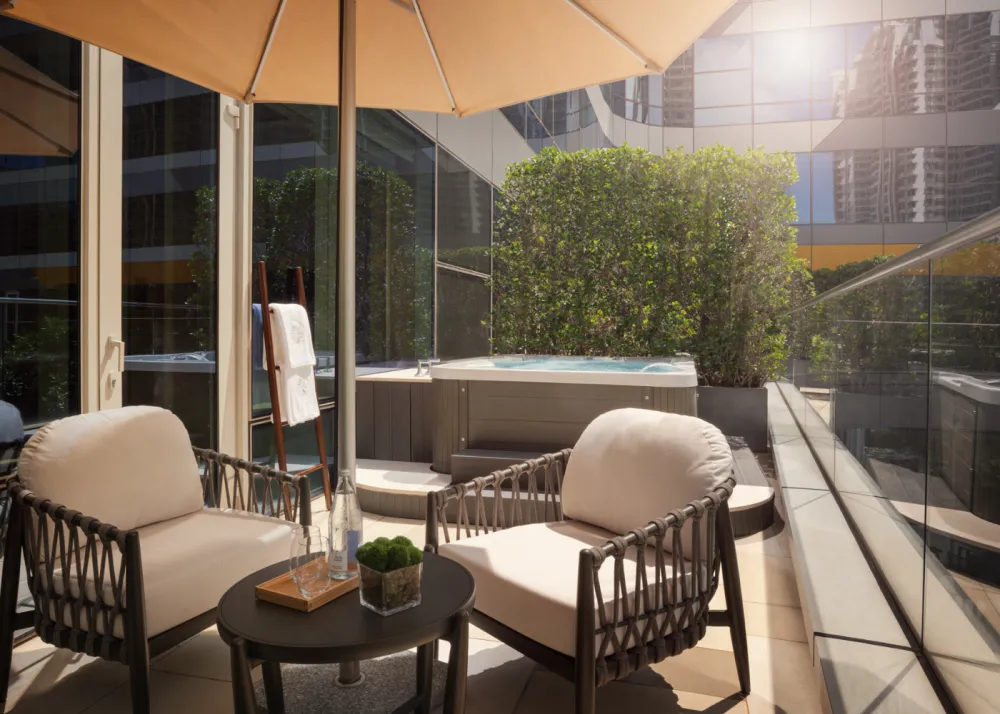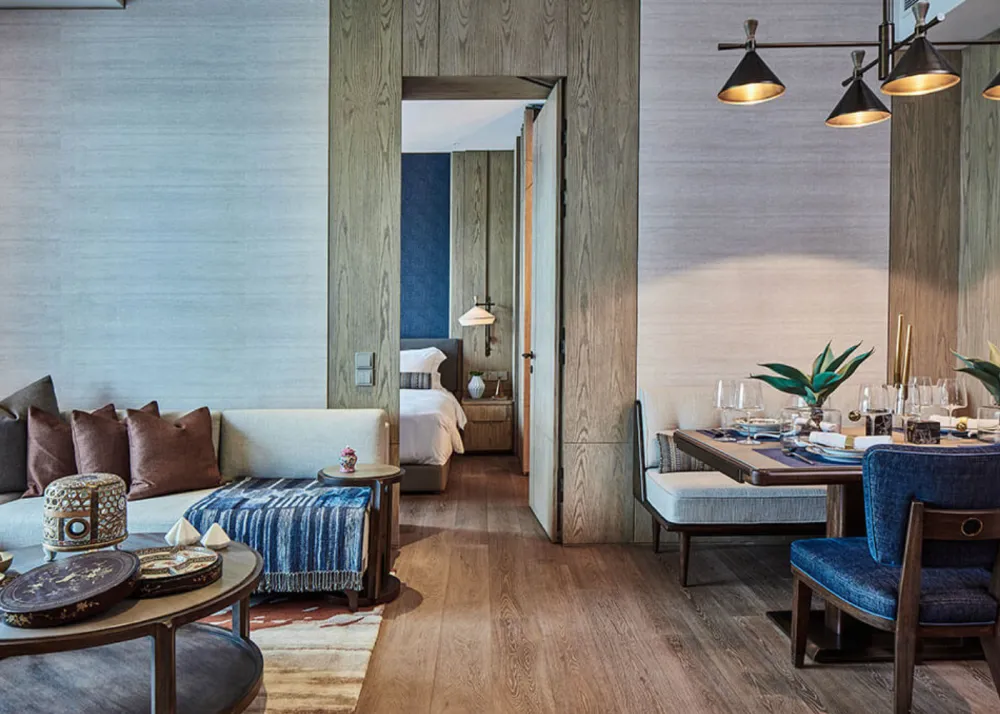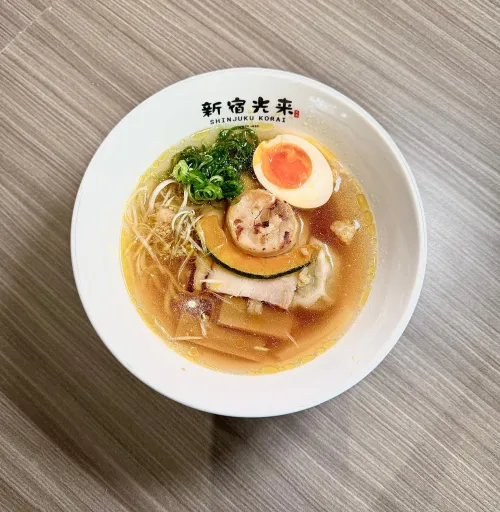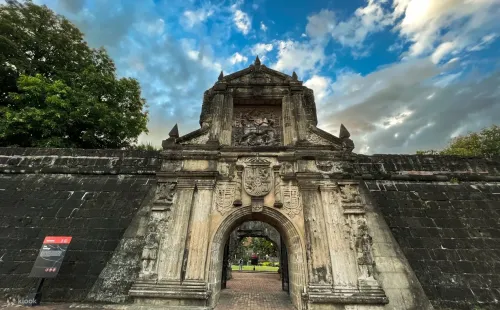Is the Asexual Experience Overlooked During Pride? What an Activist Says

[Trigger warning: mentions of sexual assault, su*c*de, mental illness]
Dipa Mahbuba Yasmin wears many hats; among them are curator and multi-disciplinary artist. She is the founder of Epiphania Visuals, an arts and queer community that also advocates for Pride.
“Pride is human rights,” Dipa stated matter-of-factly. “Globally, Pride events are more than just celebrations; they represent acts of defiance against oppression, asserting the right to live authentically and without shame.”

While the growing awareness of LGBTQ+ struggles is a victory for its members, its success seems inequitable. Stories of lesbians, gays, and bisexuals are often given more representation in media, while those who identify otherwise feel a lack of representation. One great example is the asexual spectrum. Known as the A-spec, this umbrella term encompasses those who experience little to no romantic or sexual attraction.
“Despite increasing attention to LGBTQ+ rights, the issues of asexuality and acephobia are often overlooked,” shared Dipa. “The lack of representation and resources perpetuates their marginalization within the broader LGBTQ+ movement.”

In Dhaka, Bangladesh, where Dipa is based, asexual individuals often face unique and archaic punishments. “Section 377 of the Penal Code, a remnant of colonial-era legislation, stands as a formidable barrier to LGBTQIA+ rights, criminalizing what it terms as ‘unnatural offenses’,” Dipa explained. “This perpetuates an atmosphere of fear and discrimination.”
In fact, forced marriages and marital rape are common – and even considered legal under Sharia law. “Women can only appeal for divorce in specific circumstances, none of which include marital rape, leading to profoundly distressing married lives for asexual women,” Dipa added. Exacerbating the problem comes the fact that sanctuaries, such as shelters and safe homes, are rare for victims.
In many conservative countries, asexuality is often seen as a disorder or sexual dysfunction and is “treated” with therapies such as forced medication or confinement. Trauma, expectedly, follows.
Some even undergo conversion therapy, which involves the forced use of medications such as Viagra; these increase libido in an asexual person despite their lack of sexual attraction towards others.
“Many asexual individuals find themselves isolated as they are often misdiagnosed with conditions like Gamophobia, Frigidity, Psychosexual Disorder, and OCD,” said Dipa.
She recounted the experience of a 28-year-old “Ayan,” a pseudonym. Ayan had sought help from a sexologist who lacked understanding about asexuality and had prescribed Ayan with Viagra. After two months, Ayan experienced an increase in libido, which exacerbated ongoing mental health issues. This disrupted both his personal and professional life.
“Ayan has already attempted suicide twice, underscoring the pressing need to abolish conversion therapy and instead offer compassionate, evidence-based support for individuals navigating their sexual identity,” said Dipa.

Though asexuals in Bangladesh seem to undergo more intense challenges than individuals in liberal countries, the phenomenon of sex-shaming is seemingly prevalent worldwide. It must be remembered that asexuality is just as valid of an identity as heterosexuality or homosexuality. Yet, the need for equality is an ongoing battle.
In response to this, and to the constrictive laws in her own country, Dipa now hosts closed-door exhibitions at her gallery. At Epiphania Visuals, select allies are invited to take part in the 100-day Bangladesh Indoor Pride Art Festival. With secret locations and a strict invite-only guestlist, the event provides a safe environment for LGBTQIA+ individuals amidst the heightened risks faced by the community. While it’s heartbreaking to hear about the kinds of precautions locals have to take in order to express themselves authentically, Dipa knows it’s well worth the risk.
“Bangladesh held its first Pride rallies in 2014 and 2015,” recounted Dipa. “Sadly, this newfound visibility met with brutal violence. In 2016, the government banned the Pride rally, and on April 25 of that year, Xulhaz Mannan and Mahbub Rabbi Tonoy, two key organizers of these events, were brutally murdered by Islamic extremists.”
“The murders of Xulhaz and Tonoy were a devastating blow, not just to the LGBTQIA+ community, but to the broader cause of human rights. In the face of such adversity, it would have been easy to give up. Yet, the indomitable spirit of pride knows no bounds. In the aftermath of these tragedies, we came together, and reshaped our strategies to continue our fight for equality.”
Get the latest curated content with The Beat Asia's newsletters. Sign up now for a weekly dose of the best stories, events, and deals delivered straight to your inbox. Don't miss out! Click here to subscribe.


